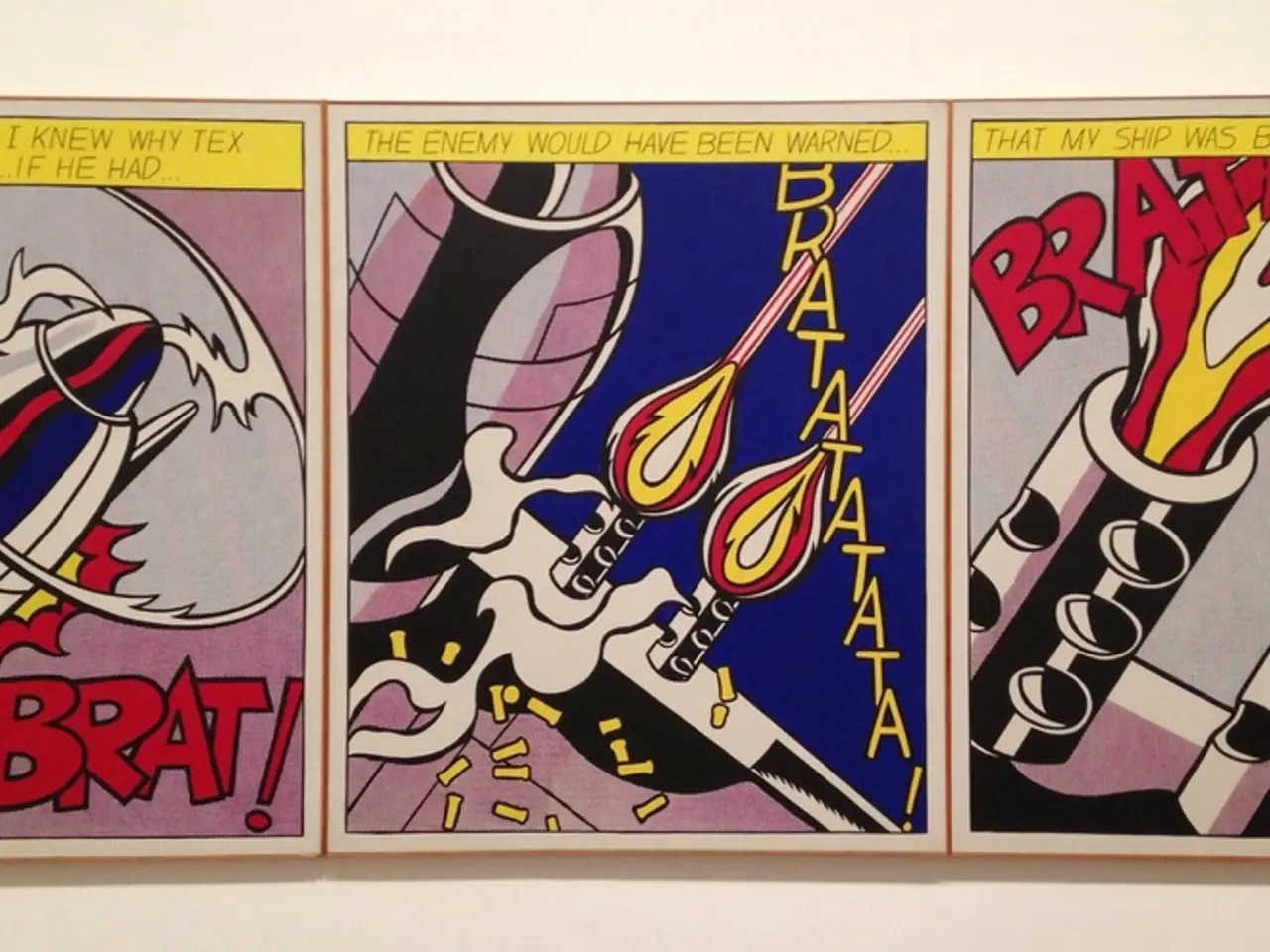Unfounded Autonomy as a Perilous Delusion
In her latest book, "Bootstrapped," social critic Alissa Quart offers a thought-provoking critique of the American self-reliance narrative that has been a cornerstone of the nation's identity since its founding. Quart argues that this ideal, often associated with figures like Laura Ingalls Wilder, Ralph Waldo Emerson, and Henry David Thoreau, is a myth that overlooks the essential role of social, economic, and communal supports in people's well-being and success.
Quart's work invites readers to reconsider these iconic figures, showing that they did not wholly embody the mythic American ideal of complete independence. Instead, she demonstrates that they benefited from conditions and supports that complicate the simplistic story of self-reliance often attributed to them.
For instance, Quart scrutinises the works of Emerson and Thoreau, two transcendentalist icons, revealing their reliance on societal structures. One notable example is Laura Ingalls Wilder, author of the beloved "Little House on the Prairie." Quart reexamines this work, arguing that it does not fully embody the self-reliant ideal.
By challenging the common narrative that people succeed solely through individual effort without reliance on others or societal structures, Quart's work suggests that the American ideal of pulling oneself up by one's bootstraps is a construct that masks deeper societal issues. This critique could lead to a reevaluation of the nation's core values and beliefs, inviting readers to question the myth of the self-made, rugged individual and consider the importance of collective resources and networks of support.
Quart's "Bootstrapped" offers a critical analysis of the American ideal of the self-made individual, challenging common perceptions and inviting readers to reconsider the historical figures they admire in light of their own reliance on societal structures. As a social critic, Quart's work provides a fresh perspective on American history and culture, encouraging readers to delve deeper into the complexities of the nation's self-reliance narrative.
Quart's critique in "Bootstrapped" extends to the lifestyle portrayed in books like Laura Ingalls Wilder's "Little House on the Prairie," suggesting that these stories may not truly reflect the self-reliant ideal. Her work further explores how figures like Emerson and Thoreau, often associated with entertainment in American literature, were not as independent as their mythical status suggests, relying on societal structures and supports.








